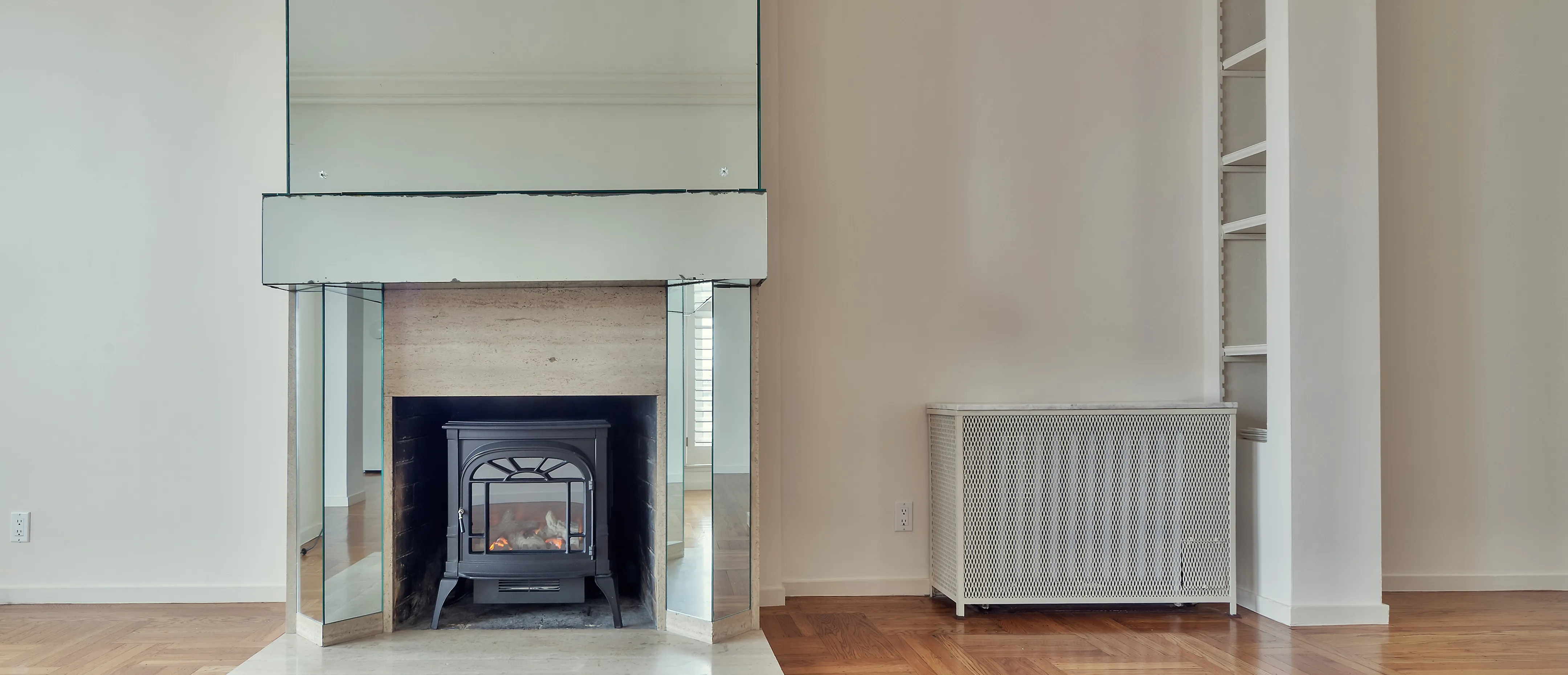What Landlords Can (and Can’t) Charge Tenants When a Lease Ends
When the apartment lease ends, landlords and tenants sometimes have money matters to discuss -- move-out fees, security deposit deductions, and covering the cost of repairs to the property.
What Can Landlords Charge for When the Lease Ends?
Let’s imagine that you’ve had good tenants, and they haven’t damaged the apartment except for the usual wear and tear. Can landlords charge a move-out fee?
First, check your apartment lease. Did you agree to a move-out fee, either as a separate “move-out fee” line item or as a fee to use the freight elevator in the building? If tenants agreed to the fee at the outset, they can’t contest it during move-out. But if they didn’t agree to any exit fees, then landlords have no right to charge a move-out fee after the fact.
Often, condo buildings charge a moving fee (for move-ins and move-outs) to cover potential damage to the loading dock or make the freight elevator available. If your apartment lease didn't disclose the condo association’s rules before it was signed, tenants could argue that the fee is the landlord’s cost.
But what if the tenant damages the apartment during the move-out process? Can landlords deduct a separate move-out fee from the security deposit? Most likely, the answer is no. An Illinois law called the Security Deposit Return Act (765 ILCS 710/1-2) doesn't permit a landlord to deduct a move-out fee from the security deposit (though it applies only to residential property landlords with five or more units). In other words, the landlord cannot deduct a “move-out fee” from the security deposit. Additionally, suppose your apartment is regulated by the Chicago Residential Landlord-Tenant Act. In that case, landlords may apply the security deposit only towards unpaid rent and reasonable fees to repair any damage caused by the tenant or tenant’s invitees.
Let’s imagine a second scenario. The tenants have always paid the rent on time, but they were rough on the apartment. Ensure that you conduct a walk-through of the apartment before moving in and use the handy apartment inspection checklist to document the condition of windows, walls, doors, plumbing, and everything else in the apartment. There's a record of everything that may or may not be covered under damages for the security deposit.
The landlord is entitled to deduct the repair costs from the security deposit, but you must document the costs and make the repairs in a timely fashion.
-
For units in buildings of five units or more, the Illinois Security Deposit Return Act (765 ILCS 710) applies. This act prohibits the landlord from withholding any part of the security deposit for damage unless the landlord provides an itemized statement of damage within 30 days of the tenant’s last date in the rental and the estimated or actual cost of repair or replacement for every item on the statement. The landlord must also provide paid receipts of the completed work within 30 days of the original itemized statement. If landlords don't provide a timely estimate or receipt for those repairs, the law would prohibit a deduction for those repairs.
Disclaimer: The general information that Domu provides about Chicago landlord tenant law is not intended as legal advice. Domu endeavors to provide accurate information, but the law is subject to change, and Domu is not a law firm or provider of legal services. Questions about your particular leasing situation should be directed to a lawyer.




